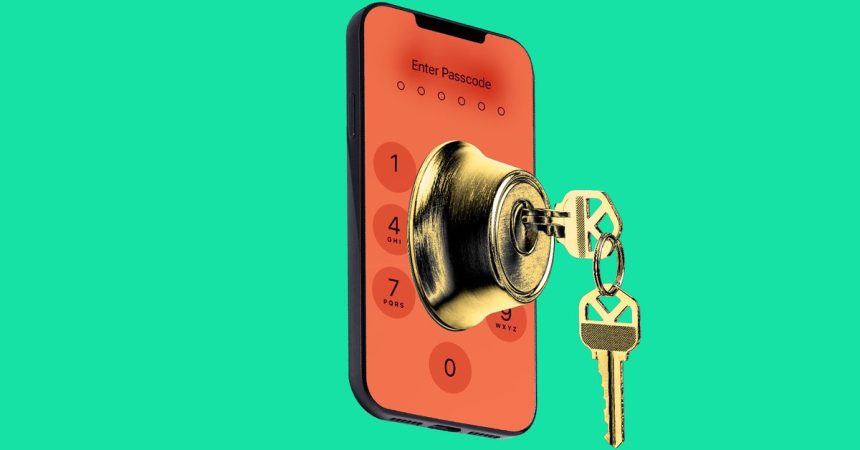US officials are urging Americans to communicate through encrypted messaging apps to safeguard sensitive information from potential foreign adversaries still present in the nation’s telecommunications networks. Recent attacks, attributed to the Chinese hacking group Salt Typhoon, have compromised several major telecom companies, including AT&T, Verizon, T-Mobile, and Lumen Technologies. Notable figures in U.S. politics, such as members of the Trump and Harris campaigns, were reportedly among those targeted. Despite awareness of these breaches, malicious actors might still have access to critical data, highlighting the ongoing risk of unauthorized information interception.
Two months following the revelation of the hacking incident, experts from the FBI and the Cybersecurity and Infrastructure Security Agency (CISA) emphasized the lingering vulnerabilities that could allow hackers to harvest sensitive communication data. According to reports, attackers accessed a variety of information, including detailed call records and possibly real-time communications. This indicates that not only were the hackers able to steal historical data, but they could potentially listen in on live conversations of targeted individuals, which poses a serious threat to privacy and security.
Jeff Greene, the executive assistant director for cybersecurity at CISA, warned about the enormity of the breach and the difficulties of completely eradicating malicious material from the affected networks. He highlighted the importance of encryption, stating that it can effectively safeguard communications from interception, making the data unintelligible to adversaries. Greene encouraged individuals to utilize encrypted services for both messaging and voice communication, noting that even if the data were intercepted, encryption would prevent unauthorized access.
As Americans increasingly turn to encrypted apps like Signal and WhatsApp, the shift marks a noteworthy change in the stance of law enforcement toward encryption technologies. Historically, agencies like the FBI have been critical of strong encryption because it complicates their ability to investigate and enforce the law. Nonetheless, the expressed need for secure communication methods in light of these cybersecurity threats appears to be shifting priorities, with officials now promoting the use of encryption as a protective measure.
Despite the FBI’s public acknowledgment of the importance of encryption, the agency continues to advocate for a balance between user privacy and public safety. The FBI has communicated that it does not oppose encryption outright but seeks mechanisms that would allow lawful access to encrypted data in certain circumstances. This has raised concerns among technology companies, who argue that implementing backdoor access for law enforcement could fundamentally weaken the encryption systems that are designed to secure user data from malicious threats.
In conclusion, recent compromises within the U.S. telecommunications infrastructure illuminate the pressing necessity for Americans to adopt secure communication practices. With foreign adversaries potentially still active within telecommunications networks, officials advocate for the use of encrypted messaging to protect sensitive communications. The tension between enforcing privacy and ensuring public safety continues to provoke debate, as law enforcement navigates the complexities of encryption technology. Users are encouraged to prioritize security, as the ongoing risks associated with cyber intrusions highlight the vital role of encryption in maintaining the confidentiality of personal communications.



